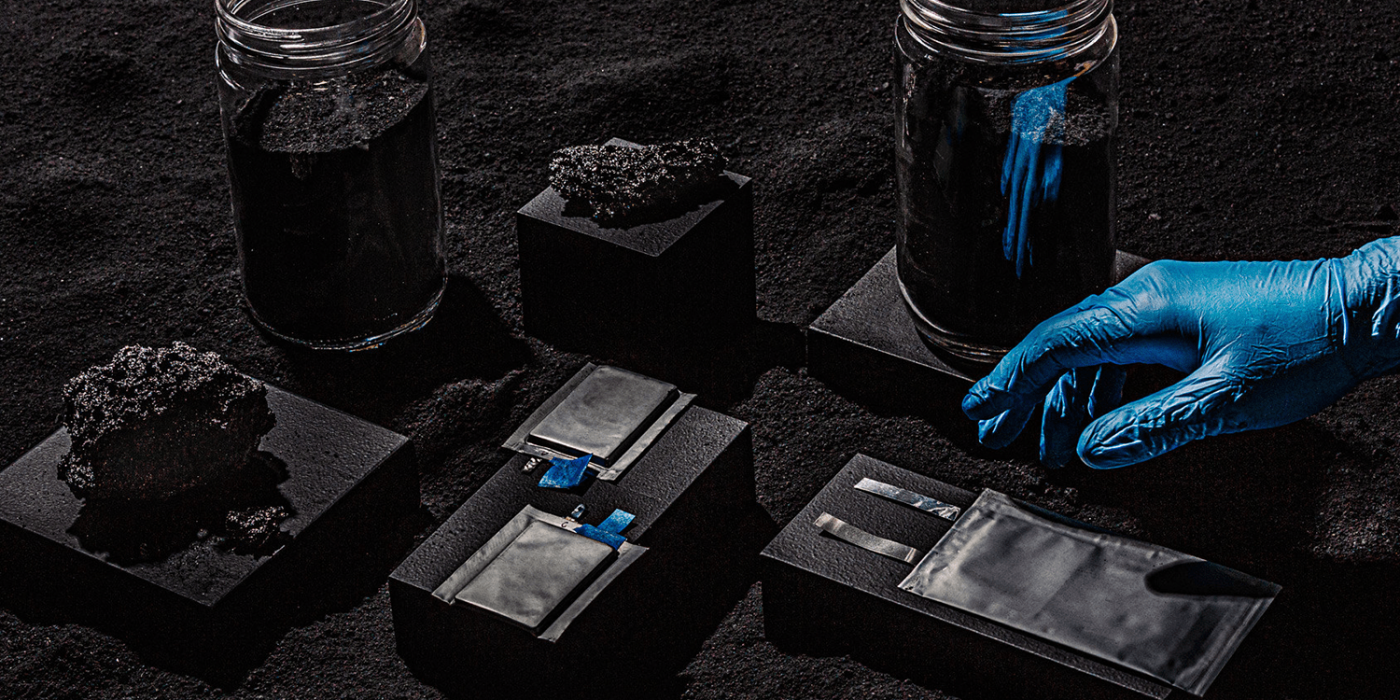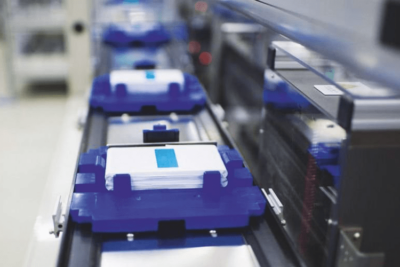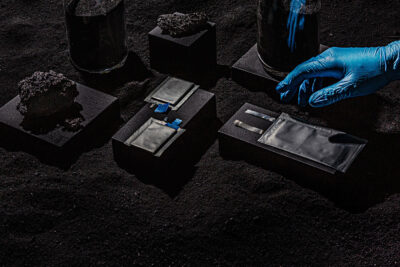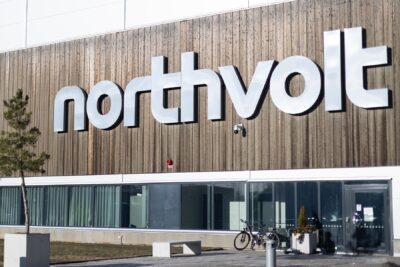InoBat scores lithium-silicon battery deal with Group14
Slovakia’s battery specialist InoBat announces cooperation with Group14 Technologies, a supplier of lithium-silicon battery materials based in the US. The partners say they will produce customisable, high-energy-density batteries for automotive applications using Group14’s patented anode.
InoBat adds it has seen demand for high energy density batteries “skyrocket” and that silicon-based anode materials would deliver “dramatically more” energy density per volume than traditional lithium-ion-based batteries.
Here is where Group14 comes in, which claims it can produce 120 tons per year of its patented anode technology, SCC55TM, from its first factory in Woodinville, Washington opened this spring. Traditionally serving the consumer electronics markets, the company will now also provide EV-sized batches of materials.
Accordingly, Rick Luebbe, CEO and co-founder of Group14 Technologies, considered the partnership with InoBat “a leap to enable automotive OEMs.” On the other hand, Marian Bocek, CEO and Co-Founder of InoBat, said the new partnership would enable InoBat to bring “advanced energy solutions across the whole battery value chain for various markets.”
The company from Slovakia is, of course, no stranger to e-mobility applications. There have been “extensive efforts in R&D and manufacturing,” as InoBat claims. The company makes EV batteries in different cell formats such as pouch or cylindrical and says it has a faster development timeline than the industry norm. The trick, so it reportedly announced in October 2020, is in new manufacturing that combines artificial intelligence (AI) with High Throughput (HTP) technology, a screening method from pharmaceutical research that can be used to carry out tests on many substances. Then applying AI, InoBat aims to find the most promising cell chemistry for the respective customer application.
Cue in lithium-silicon from Group14. In a statement, the company points to the Department of Energy (DoE) to have recognised its “novel, drop-in ready nanomaterials and reliable industrial-scale process.” However, the only spec was online, claiming the SCC55 to have five times the capacity and affording up to 50% more energy density than conventional graphite for Lithium battery anodes, according to Group14’s website. There it also stresses its “hard carbon-based scaffolding”, which keeps silicon in an “amorphous, nano-sized, and carbon-encased” form which the company considers “ideal”.
Talk about actual energy density. InoBat had set targets to provide 265Wh/kg by late 2021 and increase said density to 298Wh/kg by mid-2022. The next goal for Inobat was to “generate battery cells that have 330-350 Wh/kg and 1000Wh/l by the end of 2023”. The company also aimed to reduce dependence on cobalt and increase energy density to 330 Wh/kg and 1,000 Wh/L by the end of 2023. Add to this their long-term ambition to remove nickel from batteries and further develop anode technologies to target 500 Wh/kg.
When asked by electrive about the targets for the new partnership, the company got back to us with the following: “We are designing different cell chemistries as well as different cell formats adopted for various applications. Employing Group14 material allows the energy density increase on the cell level up to 330-340 Wh/kg.”
Inobat has also said that it is working to build a 100-MWh production line in Slovakia. In June 2020, the company acquired a former TV factory in Voderady and wanted to produce the first cells this year. From 2024 InoBat Auto plans to build a 10 GWh factory as reported.
In the latest update the company provided, it told electrive, the work was in full swing. “In June, we have indeed commenced the construction of the R&D centre and prototype production centre in Voderady, which should be finished by Q2 2022.”
Among the latest customers, or the first in the commercial vehicle sector is the Czech bus manufacturer SOR, which wants to electrify its city and intercity buses using NMC batteries from InoBat.
When asked for an update, the company told electrive that it had successfully manufactured the Gen1 prototype cell with 60 Ah capacity and cell chemistry. “We are recently optimizing active cell components to improve the power capability and lifetime and plan to manufacture the updated cell in 2022,” InoBat said.
For Group14, InoBat would not detail levels of supply or concrete R&D efforts. Following our request for further comment, InoBat confirmed, however, that Group14 material “will be a part of our solution for Design-to-Energy cell, but also the power performance of the cell will be improved with employing this material. We are keeping our options open and looking for opportunities in different markets around the world,” the company added.
Recent international efforts on the side of the new partner include a joint venture agreement with SK materials to launch a factory in South Korea to enable dual sourcing of Group14’s patented lithium-silicon technology. The list of existing investors may speak to its credibility as well as it includes ATL, BASF, Cabot Corporation, Showa Denko and SK materials itself.
Source: Info via email
The article has been updated to include new information following our request for comment.
group14.technology (partnership with SK)





0 Comments